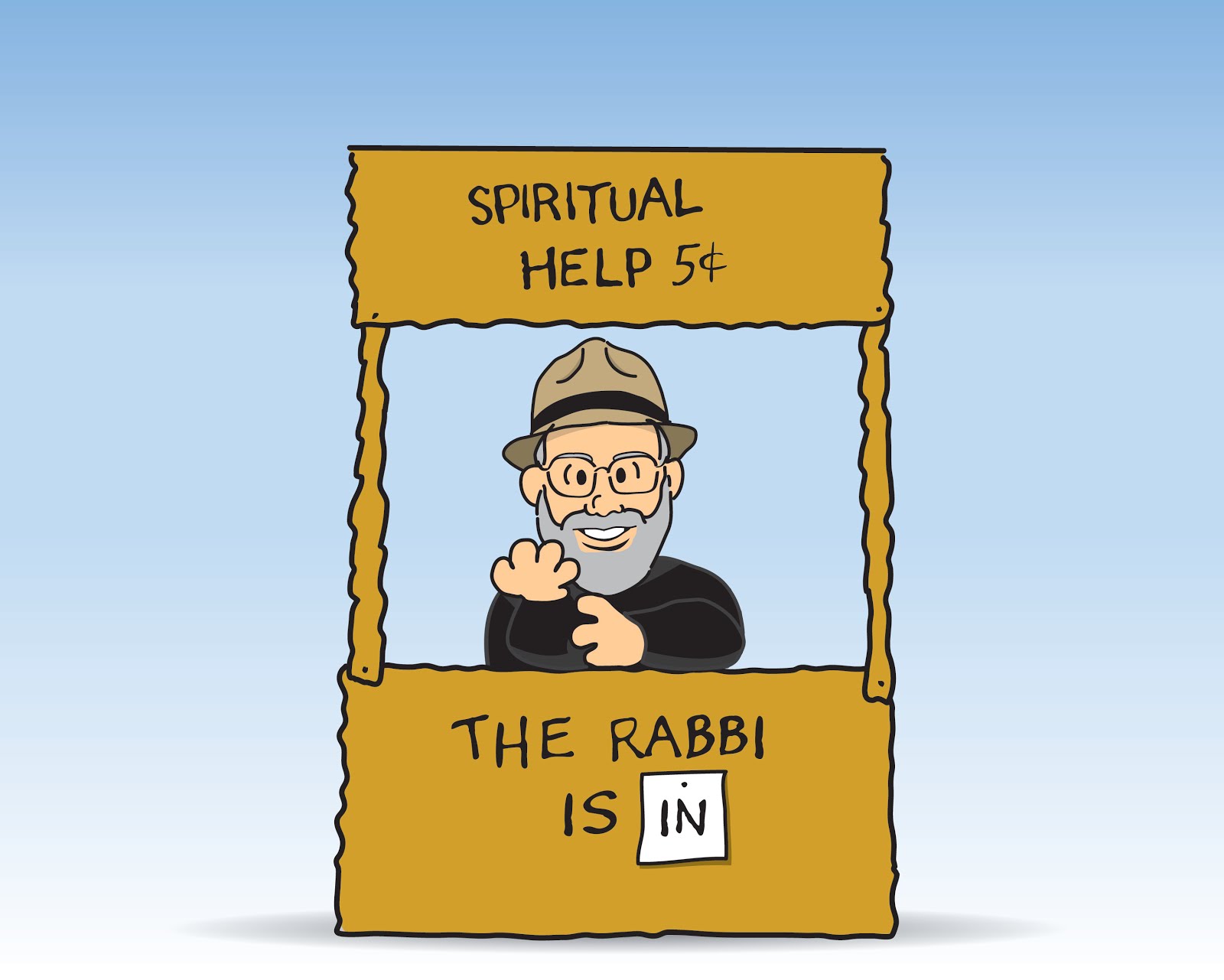I've posted this before, but a couple of people requested I repost it so they can find it. I urge you all to write your own personal manifesto, and to update it as needed. Don't be afraid to change.
Rabbi Rami's Manifesto
* Everything is a manifestation of the one thing I call God.
* God is not good; good and bad are human categories about which God cares not one bit.
* Life is not controllable, but you can learn to navigate it, and do some good in the process.
* Thoughts and feelings are not controllable directly by the will, but you can do what’s right regardless.
* Religion is a human invention designed to give us the illusion of control from which we can then create a sense of meaning and purpose without admitting we are creating it. In truth, we have no control, we invent what meaning there is, and purpose is only a story we tell to hide from the specter of randomness that haunts us.
* Life has no purpose; life is purpose.
* Sacred texts always reflect the bias of their authors and intended audience. Don’t be surprised that the Torah’s Jews are God’s Chosen; that the Gospels make Jesus the Christ; that the Bhagavad Gita sees Krishna as God; that the Qur’an holds Mohammad as the final Prophet; or that Harry Potter makes Harry rather than Hermione the hero.
* Priests, rabbis, pastors, imams, swamis, lamas, and gurus sometimes have your best interest in mind, and always have their best interests at heart. Learn from them, but never turn your life over to them.
* At its best religion is about personal freedom, social justice, and compassion for all living things. At its worst it is about power and control. Religion is rarely at its best.
* Human beings can be taught to see through propaganda—religious, political, commercial, etc.—overcome its divisiveness, create loving communities, and glimpse the truth through science, art, music, literature, and spiritual practice. What we lack are the teachers to do this.
* Spiritual practice cuts through self and selfishness, reduces conflict, and increases compassion. And that is the best we can do.

